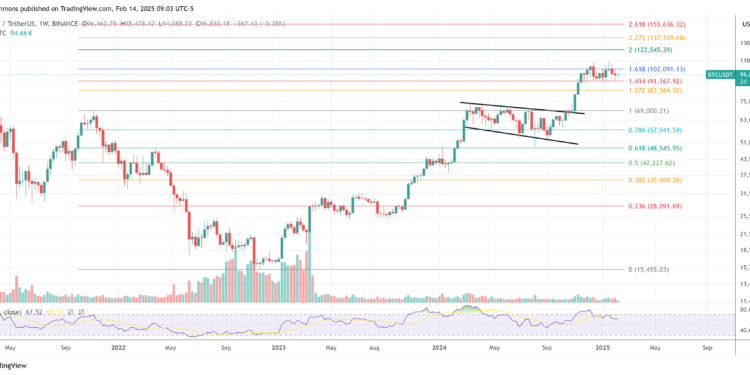Article Headline: Revisions to El Salvador’s Bitcoin Legislation: Implications for Cryptocurrencies
Overview:
Recent alterations to the Bitcoin Law in El Salvador have ignited discussions on the cryptocurrency’s status within the nation. According to insights from Samson Mow, the CEO of JAN3, these adjustments have created a complex scenario where Bitcoin is acknowledged as legal tender while being stripped of fundamental attributes that define it as a conventional currency.
Expert Insights:
Mow underscores the inconsistency within the revised legal framework, asserting, “It is recognized as legal tender but lacks the essential criteria that typically define legal tender.” This observation underscores the dilemma arising from the absence of the term “currency” in the law, positioning Bitcoin as an elective payment avenue rather than a mandatory one for businesses. The potential repercussions of this change are worrisome; significant corporations with established Bitcoin payment mechanisms may reassess their involvement, disheartened by the alterations to compliance incentives.
Market Context:
The original Bitcoin Law, put into effect in September 2021, established El Salvador as a forerunner in national cryptocurrency integration. Various businesses, including popular chains like Starbucks and McDonald’s, had started exploring Bitcoin payment systems following its legal tender designation. Nonetheless, Mow points out the revised Article 3, indicating that pricing is no longer obligatory to be directly in Bitcoin, complicating transaction dynamics further. Moreover, enterprises like Super Selectos depend on platforms like the Chivo wallet for Bitcoin transactions, prompting concerns about future transaction expenses post-amendments.
Impact Assessment:
The amendments also eliminate the option to settle taxes and other governmental dues in Bitcoin, restricting its utility for official financial transactions. While Article 5 maintains the exemption of Bitcoin from capital gains taxes, Mow proposes that this reinforces Bitcoin’s characterization as an asset rather than a currency, aligning with global trends questioning the feasibility of cryptocurrencies as currency.
From a political perspective, the interplay between major business entities and the government, as highlighted through Mow’s reference to Grupo Calleja, could influence Bitcoin acceptance in the country. Concurrently, the current IMF agreement casts uncertainty over the future framework of Bitcoin utilization, as Mow indicates a need for clarity on the genuine extent of “confined” use stipulated in the pact.
Conclusion:
The regulatory environment for Bitcoin in El Salvador is progressing, presenting a dual narrative where Bitcoin upholds its status as legal tender while facing significant limitations that could impede its practical use. Despite the groundwork for Bitcoin integration remaining intact, ongoing uncertainties surrounding business assimilation, political landscapes, and international pacts will define the future path of Bitcoin in the nation. In Mow’s words, “Real Bitcoin adoption—either from the top down or grassroots—is what counts.” The dedication to understanding and utilizing Bitcoin as a functional tool will ultimately determine its success in El Salvador and beyond. At the time of this update, Bitcoin is valued at $96,830.








